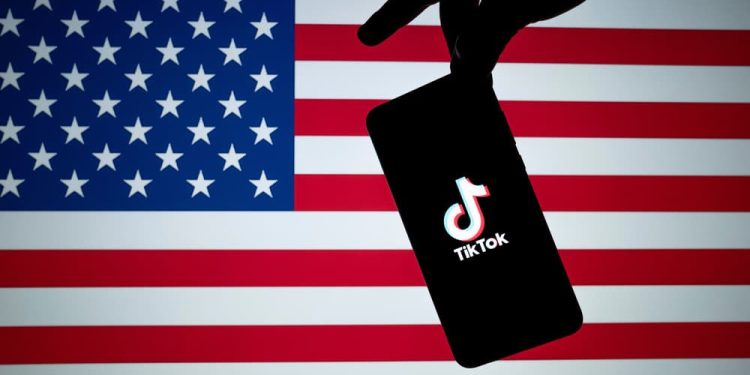The U.S. Takes a Bold Step Against TikTok
Quick Look
The U.S. House Committee on Energy and Commerce votes on legislation targeting TikTok’s ownership by ByteDance.
ByteDance faces a 165-day ultimatum to divest from TikTok or confront a U.S. ban.
The proposed legislation has sparked debate on First Amendment rights and the impact on businesses.
The White House supports the bill, underlining concerns over technology threats.
In an unprecedented move, the U.S. House Committee on Energy and Commerce is set to vote on critical legislation. This legislation demands that ByteDance, TikTok’s Chinese parent company, sell its stake in the app within six months. Consequently, this decision marks a significant step towards potentially banning TikTok nationwide. Such a ban would affect approximately 170 million U.S. users of the app. Importantly, this isn’t the first time such restrictions have been proposed. Should ByteDance not comply with the 165-day deadline, major consequences will follow. Specifically, major app stores like Apple and Google will be legally barred from offering TikTok. This would profoundly affect ByteDance’s operations in the United States.
The Controversy Surrounding the Proposed Ban
This legislative effort has ignited a fiery debate over the implications for free speech and the livelihoods of millions. TikTok officials argue that the bill essentially serves as a ban under a different name, infringing on the First Amendment rights of 170 million Americans and threatening the existence of 5 million small businesses reliant on the platform for growth and visibility. The White House, however, has thrown its support behind the bill, with Press Secretary Karine Jean-Pierre advocating for its swift passage to address national security concerns associated with certain technology services in the U.S.
Challenges and Opposition Face the TikTok Ban Initiative
Despite the momentum, the proposed TikTok ban faces hurdles. These include constitutional challenges and the difficulty of passing such legislation in an election year. Furthermore, Senator Mark Warner has expressed reservations. He doubts the constitutionality of targeting specific companies. This highlights the complex legal landscape that the bill must navigate. Additionally, a U.S. judge recently halted Montana’s state ban on TikTok. The judge cited violations of free speech rights. This adds another layer of complexity to the national debate. Amidst these challenges, TikTok maintains its stance on user privacy. It denies sharing data with the Chinese government. TikTok emphasises its commitment to protecting its community.
As the U.S. deliberates a bold stance against TikTok, the outcome of this legislative effort remains uncertain. Consequently, stakeholders from various sectors are closely watching the developments. They understand that the implications extend beyond TikTok. These implications touch on broader issues of privacy, free speech, and international relations in the digital age.
The post The U.S. Takes a Bold Step Against TikTok appeared first on FinanceBrokerage.


